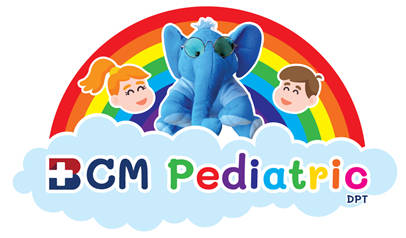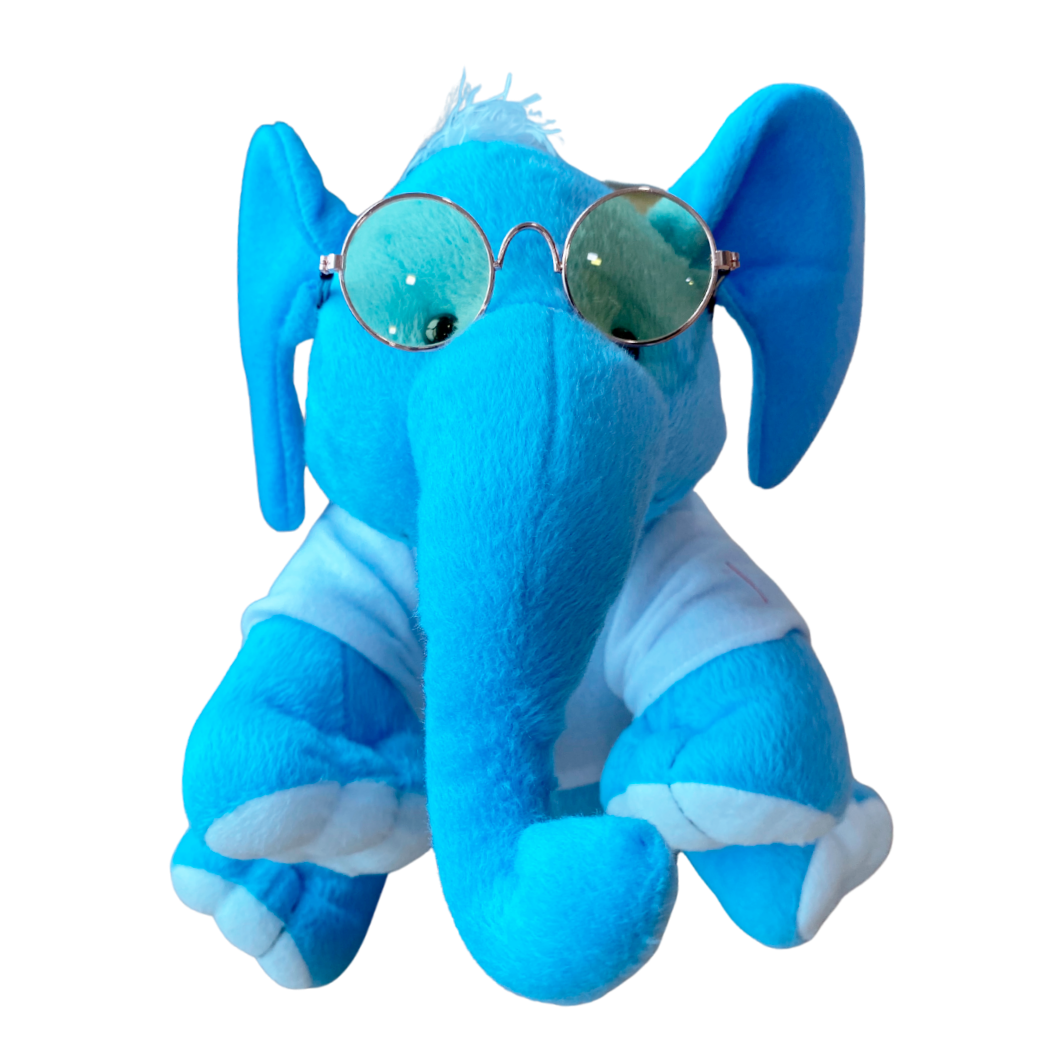There are many reasons why babies have difficulty falling asleep or waking up.
1. Environment
The sleeping environment is important to the baby. The ideal room temperature for a baby to sleep is around 24 – 26 degrees Celsius and it must be a room temperature that is neither too hot nor too cold. It’s also a good idea to let the baby sleep in a quiet and noiseless room as noisy environments can wake the baby up.
2. The baby is sick
If your baby is having trouble sleeping or waking up often, it could be a sign that the baby has a medical condition, such as a cold, colic, or tummy ache. In case the baby has tummy discomfort, it may be that the baby is fed with formula and is unable to digest the protein and lactose in the milk completely. This results in gas in the stomach and can cause stomach discomfort.
3. The baby is feeding too much
Breastfeeding every 1-2 hours during the day, or feeding every time the baby cries, may familiarize the baby with the fact that when the mouth touches the teat or nipple, then responds with suckling and make the mother understand that the baby is hungry. Therefore, feeding the baby often, the baby is accustomed to and often wakes up crying during the night to drink milk like during the day.
5. The baby is allergic to milk
Milk allergy is one of the factors that affect sleep and make it difficult for babies to fall asleep. This is because babies may be allergic to certain foods that are in breast milk when the mother eats certain foods, such as cow’s milk, seafood, cheese, etc., or they may be allergic to the cow’s milk protein contained in the formula. When the baby is allergic to milk may cause discomfort or other symptoms such as a stuffy nose or wheezing.





